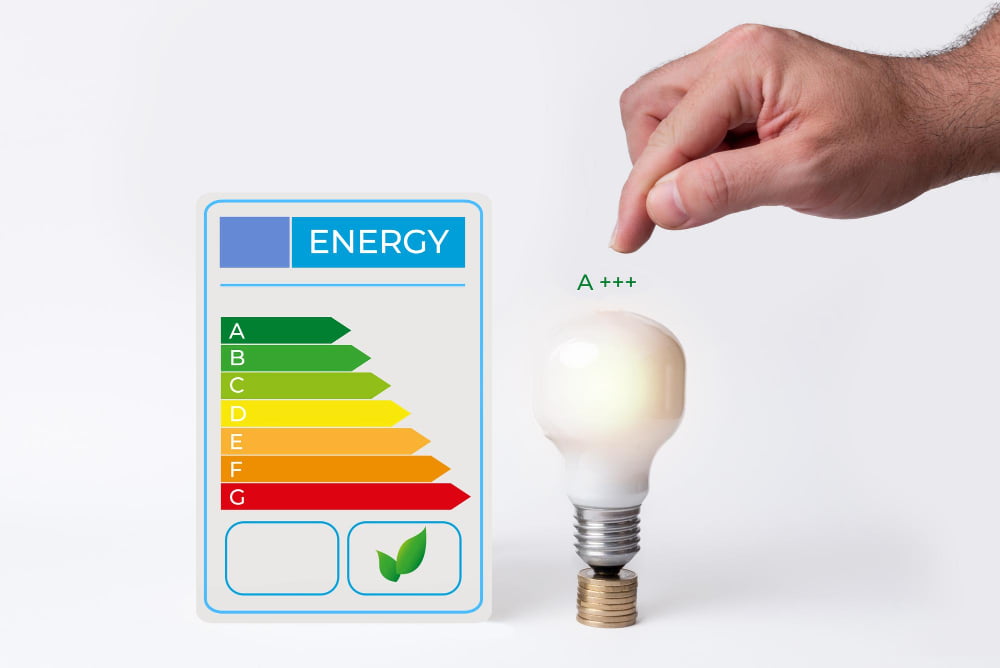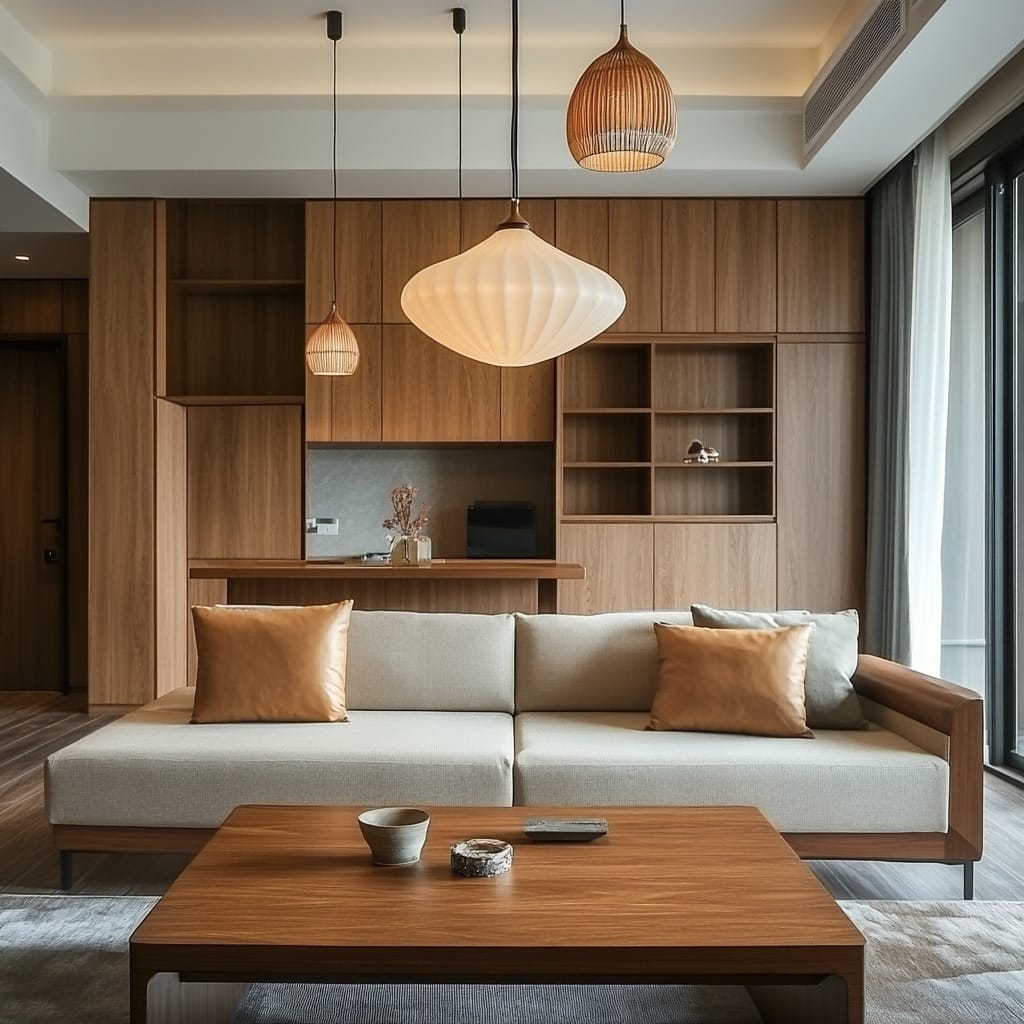Last updated on
Embarking on building a home addition can be as exciting as daunting. A successful home addition can offer numerous benefits, from increased living space to enhanced property value. However, the process involves many considerations that, if not properly addressed, may lead to costly errors and unnecessary headaches.
This guide aims to equip you with critical insights about the imperative factors to consider when planning your home addition, helping you make well-informed decisions and ensuring a smoother project execution.
Consider Energy Efficiency

When planning a home addition, energy efficiency should be considered. Incorporating structural insulated panels (SIPs) for a house extension is an excellent way to enhance energy efficiency. SIPs, composed of an insulating foam core sandwiched between two structural facings, offer superior insulation, thus reducing the need for heating or cooling.
They also provide a comfortable and consistent indoor climate, free from drafts and hot or cold spots. Moreover, SIPs are easy to install and can reduce construction waste, further enhancing their eco-friendly appeal. Therefore, investing in energy-efficient systems and materials like these can create a win-win scenario, providing both environmental benefits and long-term savings on utility bills.
Determine Your Budget

Before launching your home extension project, it’s critical to understand your budget clearly. This financial blueprint serves as a guiding tool, keeping your spending in check and aiding in the decision-making process when selecting materials, contractors, and designs. Remember to account for unexpected costs—such as delays, changes in material prices, or unforeseen repairs—by setting aside a contingency fund of around 10-20% of your total budget.
It’s also wise to obtain quotes from multiple contractors to ensure you get the most value for your investment. Be sure to scrutinize the details of each quote, as the cheapest option may only sometimes offer the best quality or service. By strategically planning your budget, you can avoid financial stress and ensure a more seamless home extension project.
Assess Your Property’s Potential

When considering a home addition, assessing your property’s potential for expansion is crucial. Factors like available space, zoning regulations, and structural limitations can significantly impact the scope and design of your addition. For example, suppose you have limited space or strict building codes. In that case, you may need to be creative in maximizing your existing space or consider alternative methods, such as a second-story addition.
Moreover, it’s crucial to assess the structural integrity of your home before starting an extension project. Age and condition can affect the stability of your home and influence the type of addition you can make. Consulting with a professional architect or engineer can help ensure that any proposed additions will be safe and sound.
Consider the Purpose and Function

Another essential aspect to consider when planning a home addition is its intended purpose and function. Are you seeking more living space, an extra bedroom or bathroom, or a dedicated office or entertainment area? Determining the primary purpose of your addition will help guide your design decisions and ensure that the final result meets your needs.
Additionally, consider how the new space will flow with your existing home. Will it have a separate entrance or connect seamlessly to your current layout? By considering the function and flow of your addition, you can create a harmonious integration with your existing home.
Be Mindful of Aesthetics
When planning a home addition, consider the aesthetic compatibility with your existing home. The new extension should serve its purpose and seamlessly blend with your home’s architectural style, enhancing its appeal. Consider roof lines, window styles, and exterior finishes that complement the original structure.
When choosing a style for your home addition, consider its compatibility with the rest of your home. Consulting with an architect or designer can help balance your aesthetic and architectural harmony. This will not only expand your living space but also enhance your property’s overall appeal and value.
Hire Experienced Contractors
Engaging experienced, qualified contractors is critical to a successful home addition project. These professionals possess the requisite skills and knowledge to deliver high-quality work, adhering to time and budget constraints. They exhibit a keen understanding of building codes, permitting, and structural considerations, helping avoid potential pitfalls during construction.
Moreover, seasoned contractors can provide valuable advice on design and material choices, contributing to your extension’s aesthetic and functional success. Always remember to verify their licensure, insurance, and references before making a hiring decision. Hiring experienced contractors ensures that your home addition project is executed professionally, maximizing your investment’s worth.
Building a home addition requires careful planning and consideration of various factors. By keeping these vital elements in mind, you can ensure a successful project that adds value to your property and enhances your overall living experience. Your home extension can become a reality with proper planning, budgeting, and the help of experienced professionals. So, don’t hesitate to start planning and creating the perfect addition for your dream home today.
Recap:



